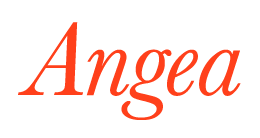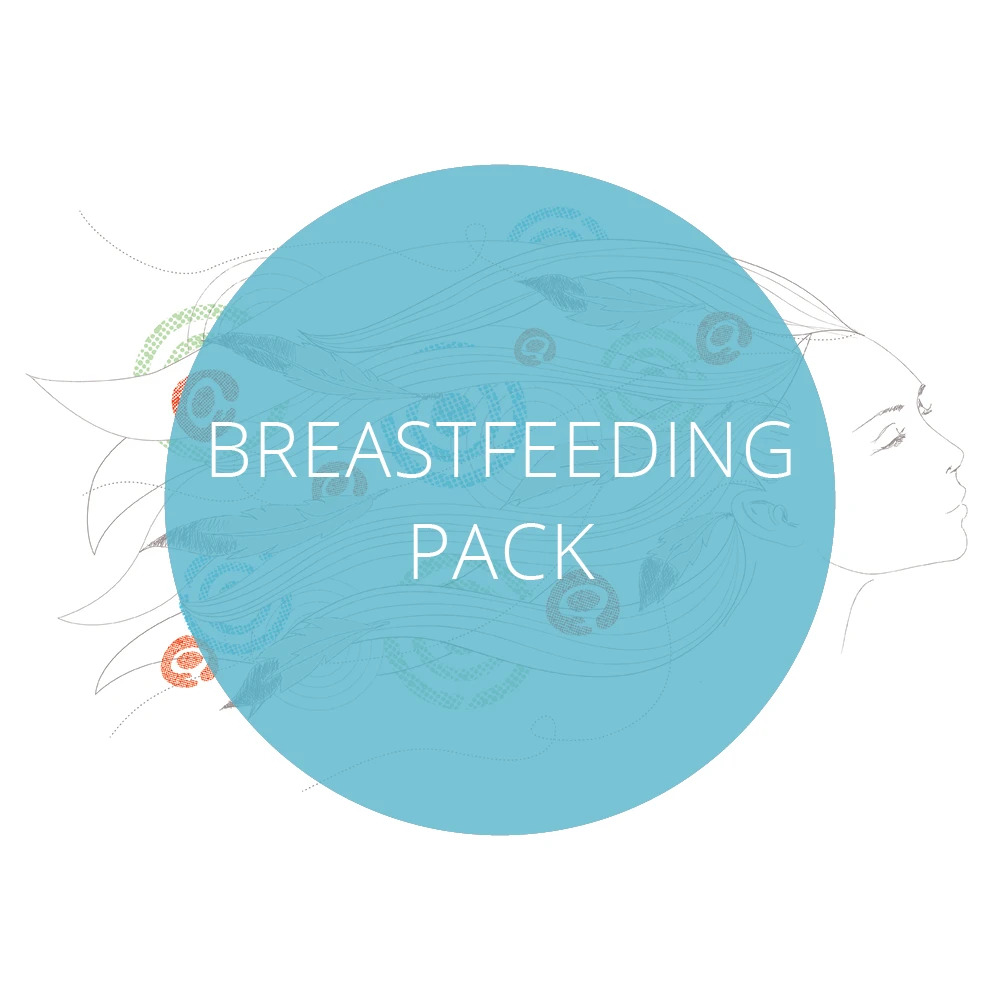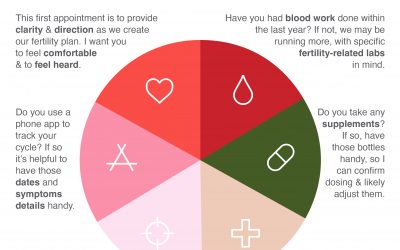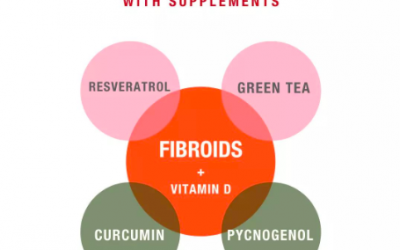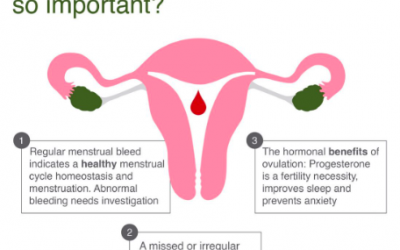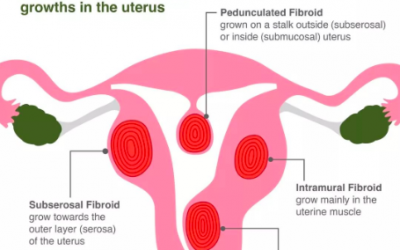The Fourth Trimester
At Angea, we consider the twelve weeks post-birth as the four trimester. That’s right, the care and support you’ve given yourself in the lead up and during pregnancy doesn’t end when you enter motherhood.
As your baby moves through the enormous developments of their first three months in the world, it is natural for the mother to also experience enormous change. This is a time for you to lean on the support of your community, as we know it takes a village to raise a child. The emphasis is often on the care of the woman in the lead up to conception and during pregnancy, however, the time immediately after birth is just as, if not more, important.
Diet and Nutrition Therapy
It is Chinese tradition that a woman does not leave the house, wash her hair or engage in any physical work that may be strenuous to her in the first 40 days after birth. In fact, this is a practice that is honored in many cultures around the world from Ayurveda in India to South America. The ancient sages recognised this time as a sacred period for nourishment and recultivation.
According to Chinese medicine theory, during childbirth, the mother loses essential fluids, so the time immediately after birth is to be focused on rebuilding the mothers stores.
An essential component for rebuilding blood and essence is diet and nutrition therapy. We understand that the modern world may not allow for a complete 40 day abstinence of work, however, ensuring you’re restoring yourself through diet is essential.
Furthermore, what you eat, drink and medicines you take while breastfeeding directly impact the health of your newborn. To ensure your child is receiving optimal benefits from your milk production, we recommend a nutritious diet that fuels not only you but your child.
Breastfeeding
Some women know before embarking on their journey to motherhood that breastfeeding is not on their wishlist. Some women, however, dream of the connection that breastfeeding fosters between mother and child and it can be a series of heartbreaking moments if this isn’t realised.
There’s so much pressure on a mother to breastfeed. Whether this is imposed by society, family or by the mother, herself. There’s a primality to needing to sustain the life you’ve just birthed.
Factors that contribute to breastfeeding challenges:
- Primary lactation due to mammary or glandular tissue
- Secondary lactation failure
- Overweight and obese women may have difficulty breastfeeding
- Postpartum depression
- Lack of prenatal education about breastfeeding
- Inadequate lactation support
- Short maternity leave and limited opportunities to breastfeed/pump at work
- Exposure to environmental toxins
Using traditional Chinese herbal medicine, our practitioners may prepare a formula wholly unique to your presentation to support the symptoms associated with insufficient milk supply. For some cases, acupuncture may be the best approach according to your unique constitution. We also recommend the Angea Organic Herbals Breastfeeding tea and Lactation Cookies to support you during this time.
We understand the tears, the sense of failing (spoiler: you’re not!) and overwhelm that surrounds breastfeeding.
For many women struggling in the initial weeks to breastfeed it may seem like all of the information out there is telling you that you can do it. Some research indicates 2% of women have a complete inability to breastfeed, however, the statistics for women who struggle with breastfeeding remain sparse.
Emotional Support
We’re told childbirth and becoming a mother is the most incredible experience that exists. And in many cases, that’s true, which we honour. Some mother’s, however, are met with negative feelings following the birth of their child, and we honour those experiences, too.
Many of us fall between the two, flirting between staring longingly at our children, marveling in their love, and simultaneously craving a milk-free t-shirt and longing for an adult conversation. One third of women report that giving birth, for them, was traumatic and many of these women will experience post traumatic stress following their birth. The fact is, your birth experience and emotional well-being immediately following require support, acknowledgment and care. Acupuncture and Chinese herbal medicine may complement women during this time while also seeking counsel.
Reference:
- https://onlinelibrary.wiley.com/doi/full/10.1046/j.1523-536x.2000.00104.x (one third of women have a traumatic birth experience)
